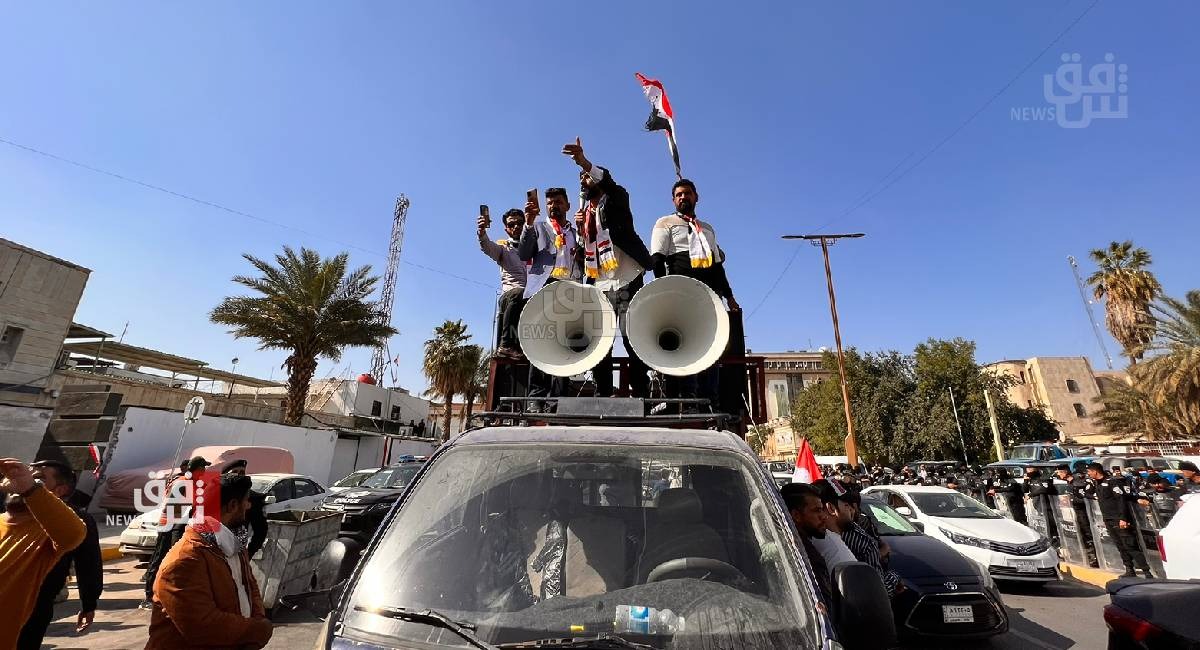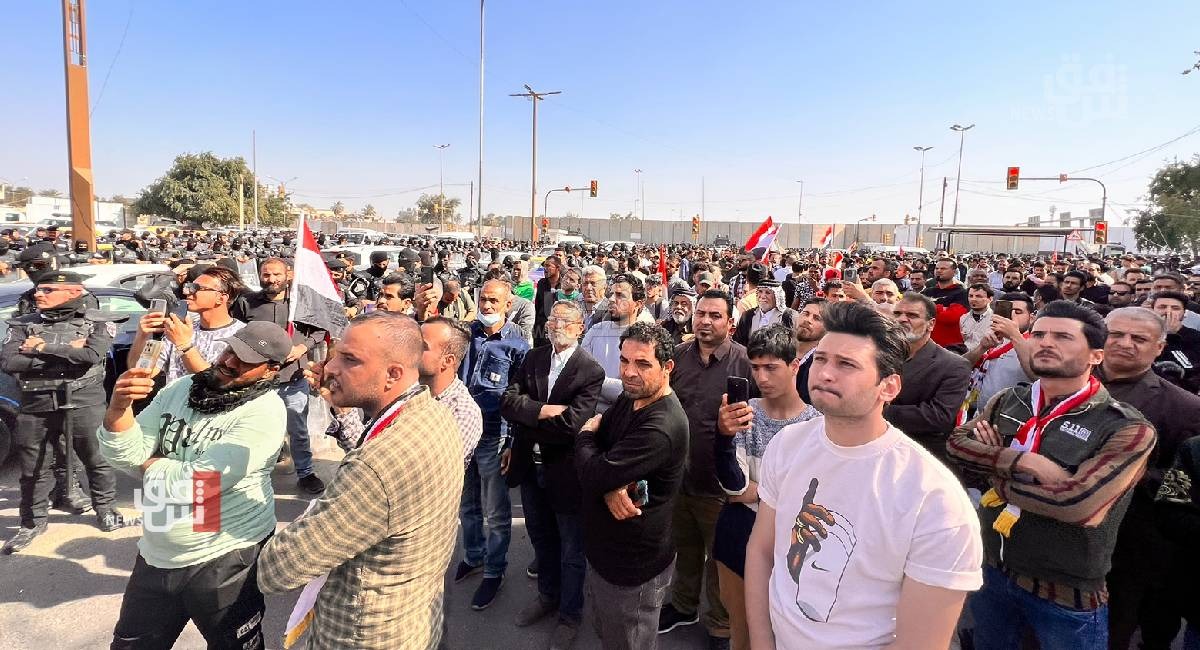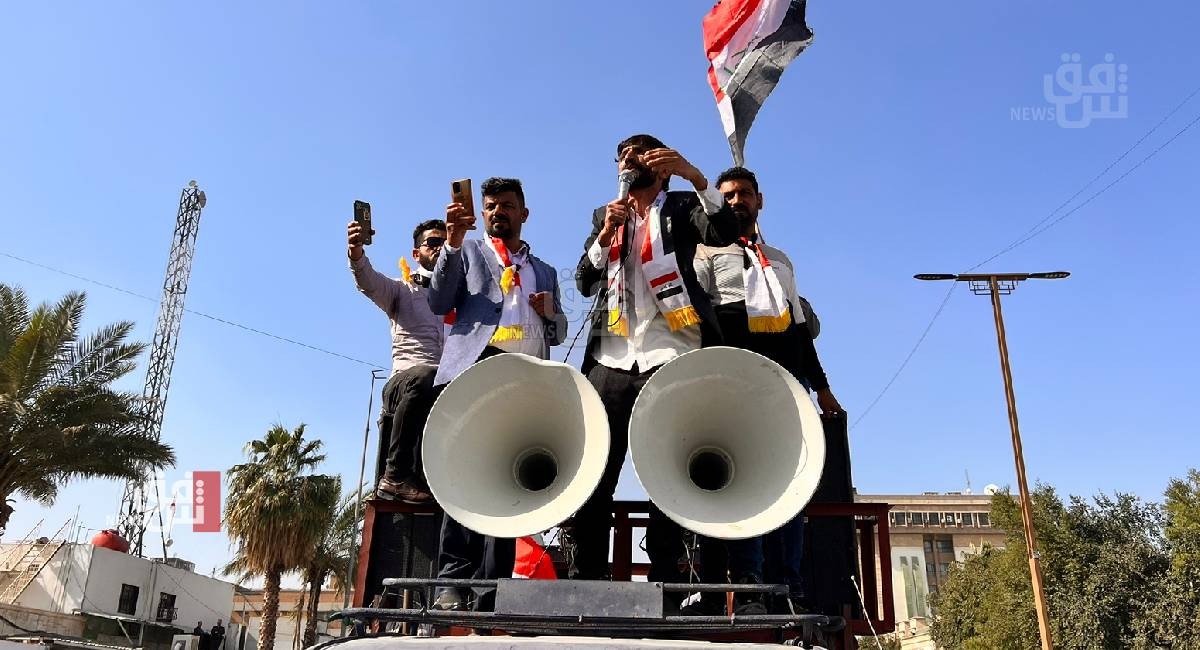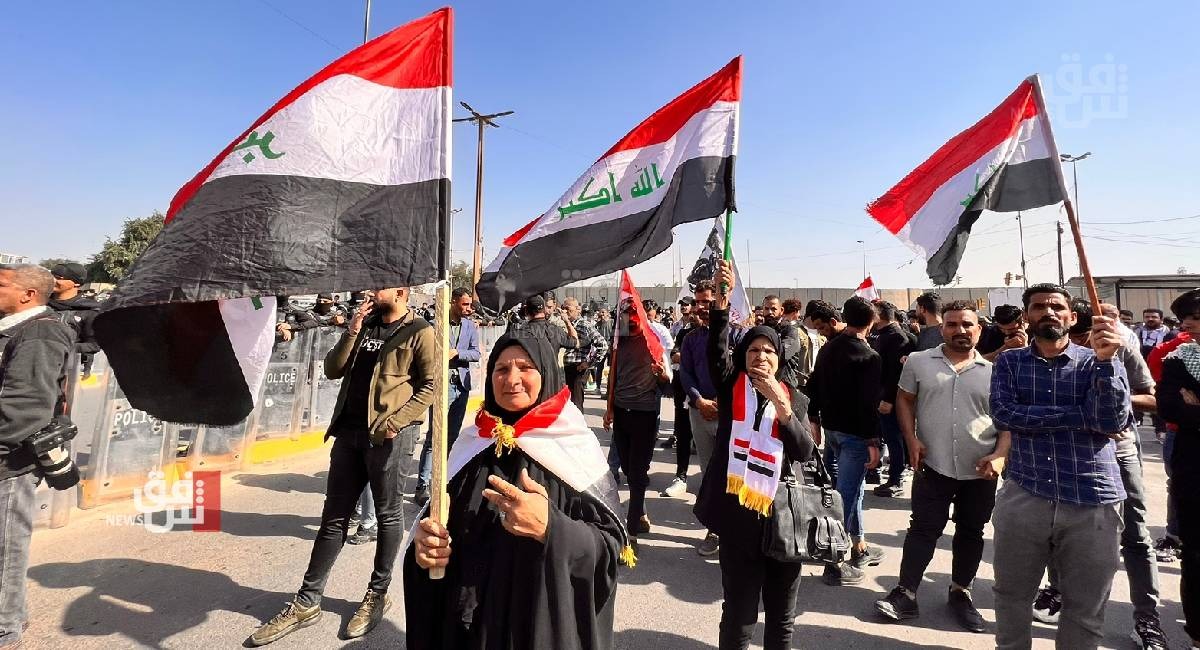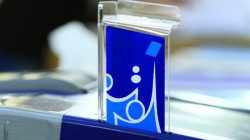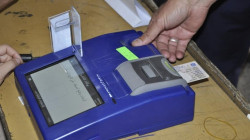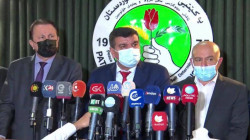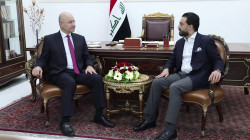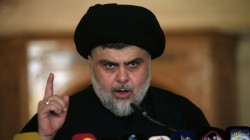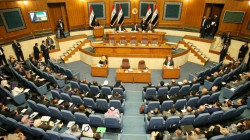Iraq's parliament fails to conduct 2nd reading for draft election law amid protests
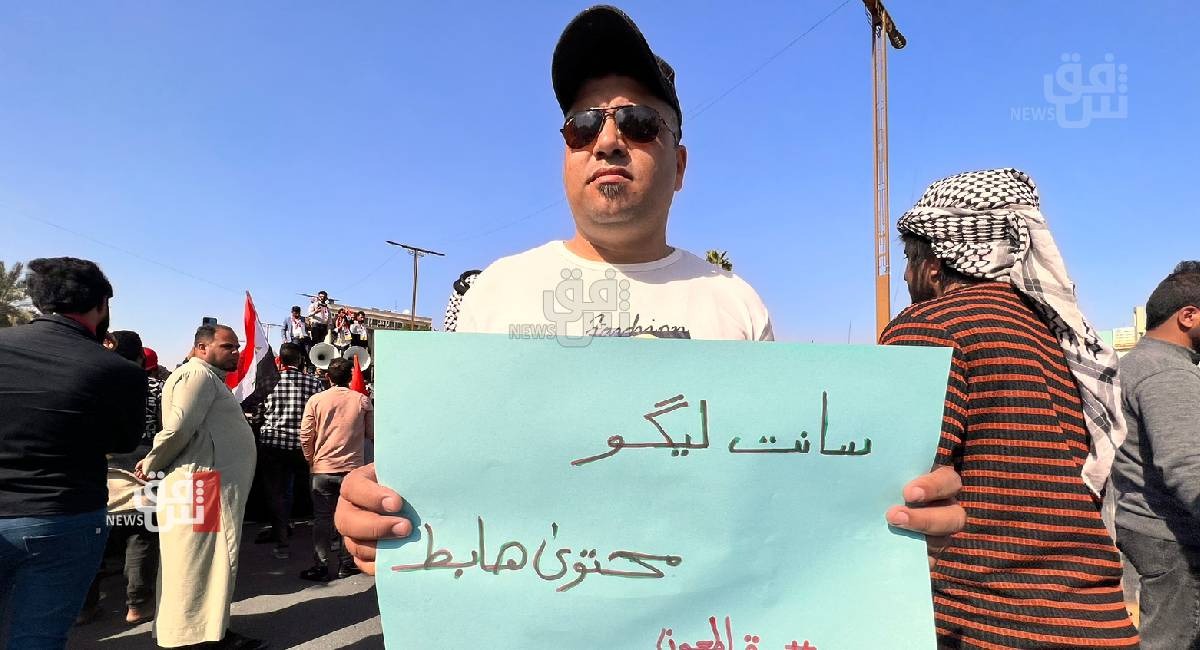
Shafaq News/ Iraq's parliament has failed to conduct a second reading for a much-awaited bill to amend the provincial election law as lawmakers remain divided over key provisions of the legislation.
"The assembly voted to adjourn a discussion on a bill for a third amendment to the governorate and district councils' election law no.18 of 2018 until next Saturday," the media office of Iraq's legislative body said on Monday.
A source told Shafaq News Agency that a group of 70 lawmakers filed a motion to remove the fifth item, pertaining to the amendment, from the agenda of today's session.
Earlier this month, Iraq's parliament finished the first reading of the bill which regulates provincial council elections and the appointment of the governors.
Hundreds of protesters took to the streets in Baghdad today to denounce the draft elections law that would increase the size of the country's electoral districts, potentially undermining independent candidates.
Per its constitution, Iraq has two elections: one for parliament and one to form the provincial councils in charge of local governments. The last parliamentary elections were held in 2021, while the last provincial elections were in 2013.
The 2013 provincial elections were held in only 12 out of 18 provinces. The provinces in the Kurdistan Region and Kirkuk were excluded due to political disagreements, and Nineveh and Anbar were excluded due to security concerns prior to the Islamic State taking over these areas.
Iraqi Prime Minister Muhammad Shia al-Sudani included the provincial elections in his government program, and they are expected to be held in October of this year.
The new amendment will allow dominant political parties to expand their influence at the provincial level against the new-formed independent forces that arose from the 2019-2020 nationwide protests. The most controversial part of the new amendment is adopting the Sainte-Lague method to allocate seats among the political parties based on a party-list proportional representation system. Sainte-Lague doles out parliamentary seats using a quotient formed by dividing the number of votes a party received by the number of seats in parliament plus one. It favors established political parties and disadvantages small parties and independent forces.
The Coordination Framework, which nominated al-Sudani to become prime minister, seeks to integrate the parliamentary and provincial elections under one united law. If both elections were held simultaneously, the winning forces could dominate both parliament and the provincial councils.
The current parliamentary elections law was passed in 2020 as a result of the nationwide October protests that began in 2019. It adopted the multiple-circle system, in which each candidate can be elected for only one specific circle and the votes go to individual candidates — not political parties. The previous law dealt with Iraq entirely as one circle and favored the large political parties due to the possibility of transferring votes from one candidate to another from the same party.
The current law opened the space for the independents and smaller parties to gain more than 40 seats in the last parliamentary elections in 2021. But the new amendment seeks a return to the previous law.
In addition to changing the method of the elections, the amendment would also reactivate overseas voting and use manual counting instead of electronic counting.
Shiite cleric Muqtada al-Sadr's political allies will also be affected because their influence is stronger in specific areas. They benefited significantly from the last parliamentary elections, which did not use the Sainte-Lague method. They won 74 seats in parliament, the highest number for them since 2003.
Since the Sadrists withdrew from the parliament, they do not have the power to stop the new amendment. But they, and other independent forces, have already expressed strong objections. Sadrists confirmed that they will boycott the elections if the amendment is implemented.
Several newly-formed political parties, including Ishraqat Kanoun, Emtedad, and independent members of the parliament, also rejected the amendment.
